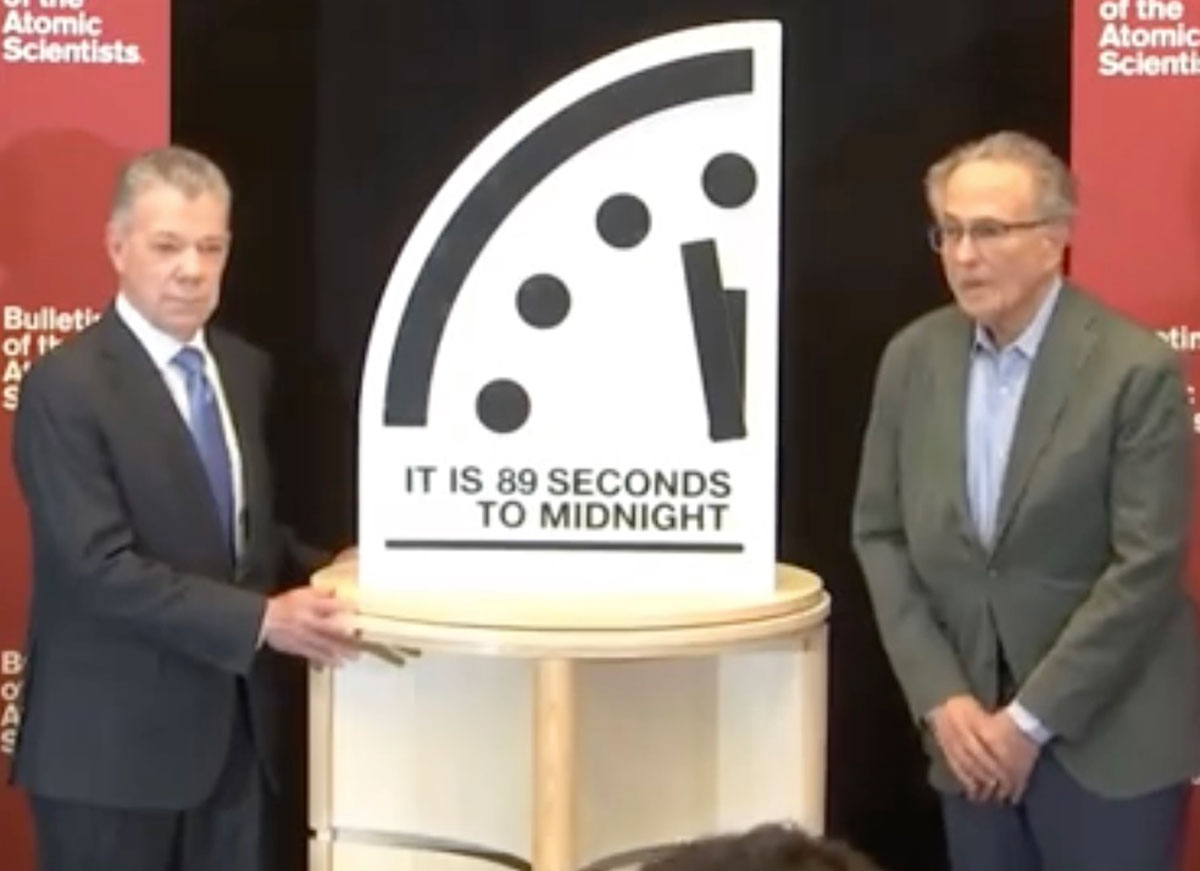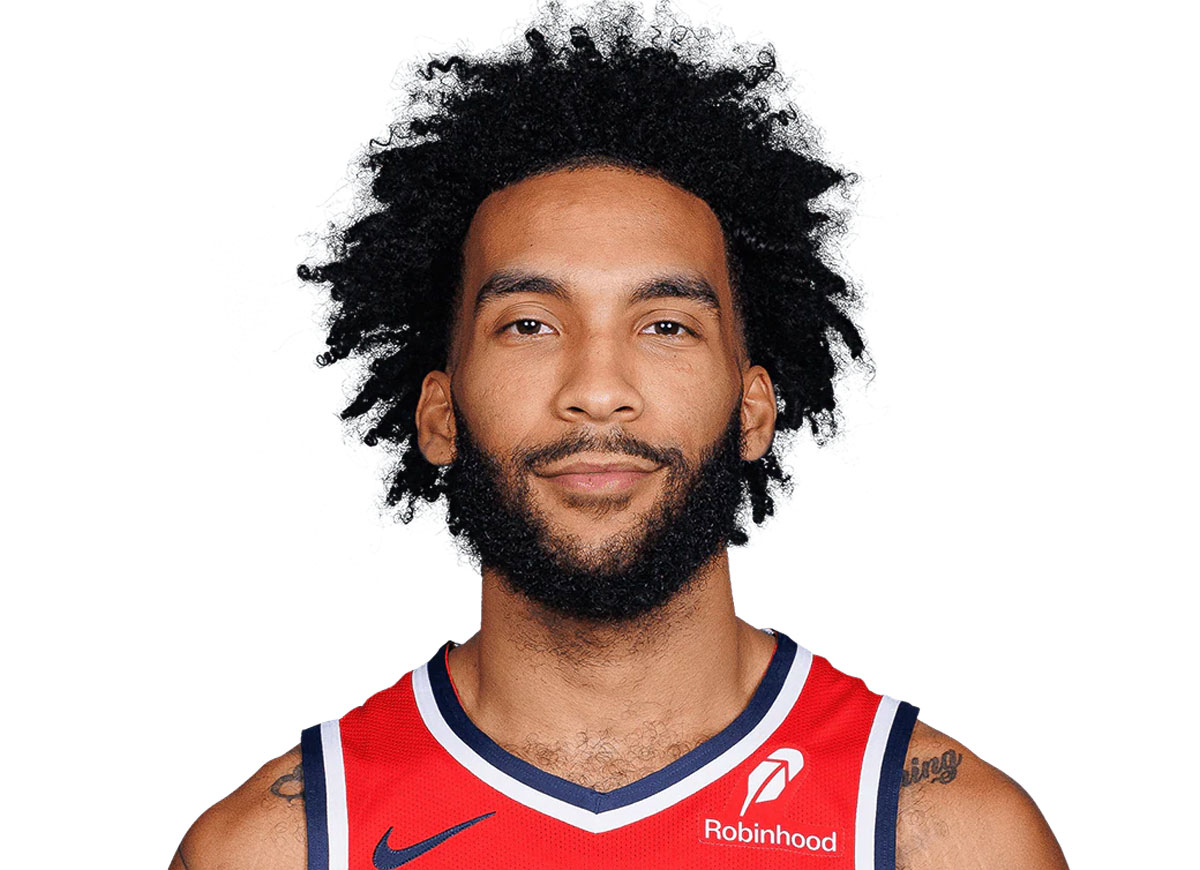'Do The Movies Have A Future?' Recalls Better Times

4/5
What a great time it is to be a movie-goer in a book store! Just after Ty Burr came out with Gods Like Us, David Denby of The New Yorker publishes a book about movies of his own with Do The Movies Have a Future?. And readers shouldn’t feel like they have to make a choice between the two. Rather, these books complement each other quite nicely: while Burr focuses on the phenomenon of movie stardom, Denby only briefly touches on this matter, instead turning his critical eye on the current state of movies today. Consisting mostly of a collection of reviews and essays that Denby published during his time with The New Yorker, Do The Movies Have a Future? offers a look back at the history of movies and contextualizes Denby’s current disappointment with the big-budget blockbusters, thick on visual spectacle and thin on substance, that dominate the overly-commercialized cinematic landscape of today.
Denby’s essays shed considerable light on his own film taste. He loved Sideways, Capote and Rise of the Planet of the Apes, but didn’t see what all the fuss was about with The Passion of the Christ and The Dark Knight. Denby demands effort and tact from those responsible for the movies. The book also examines Denby’s take on particular stars, film genres, directors, and even great film critics, and it is fun to see how his tastes evolve over the years. His sparkling review of Quentin Tarantino’s Pulp Fiction gives way to his later disappointment with the Kill Bill films and Inglorious Basterds. Throughout the book, Denby’s reviews as well as profiles of some of the most successful directors and stars of past and present give a little something for a wide variety of movie-goers. He examines the rise and staying power of Clint Eastwood, the growth of the Coen Brothers, and also takes time to understand the phenomenon of “chick flicks” and gross-out comedies.
His title suggests a total bashing of the present-day movie scene, but that is not the case. He uses many positive examples of where movies have succeeded (i.e. Rise of the Planet of the Apes) to demonstrate how movies really do have a future, on the condition that studios re-commit themselves to making good movies instead of only popcorn fare. But the crown jewel of Do The Movies Have a Future? comes near its end when Denby profiles the late great film critic Pauline Kael, during which he also sheds light on his unusual relationship with her, torn between fighting for her approval and developing his own style. It would have perhaps been better to include this essay closer to the beginning of the book, as Denby’s critical and particular taste can be a bit grating in the beginning without this new insight. But it also gives the effect, in the end, of gaining as much an understanding of how Denby’s calls for a more disciplined and conscientious movie scene came to be. Hopefully, in the future, there will be a book solely of Denby's reviews, from his start with The Atlantic where he was an "imitator" of Kael, to the present day; that is a book I'd certainly love to read.
Reading Do the Movies Have a Future?, you may find yourself singing Denby’s praises for his call to bring back the golden age of movies, or you may spend the entire time vehemently disagreeing with him, but cinephiles and avid movie-goers alike will nonetheless enjoy reading the work of someone who loves movies just as much, if not more, than they do.
RELATED ARTICLES
Get the most-revealing celebrity conversations with the uInterview podcast!





Leave a comment